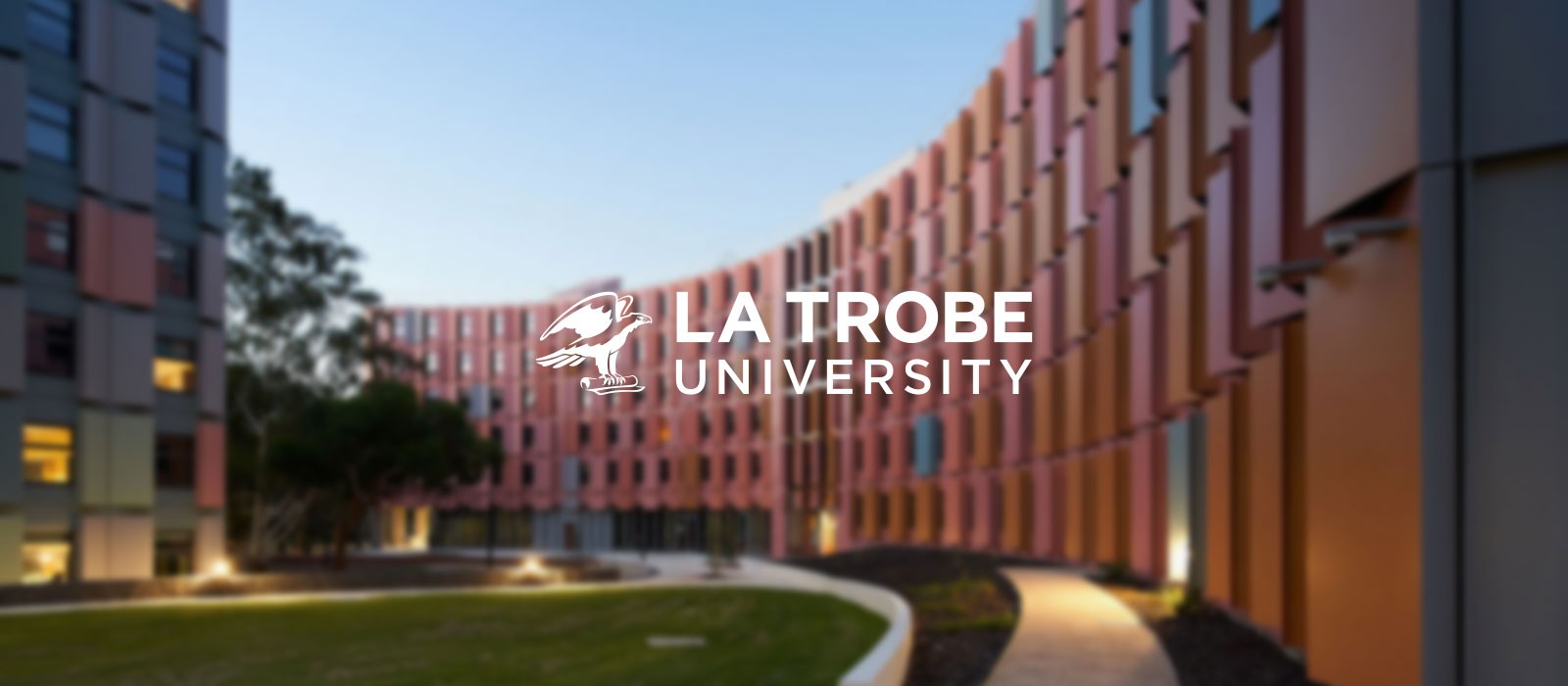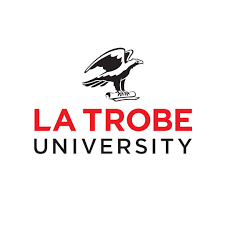
MASTER OF CIVIL ENGINEERING


Overview
Duration
2 YEARS FULL-TIME
2 YEARS FULL-TIME
Scholarship
YES
YES
Fee
A$40 200 PER 120 CREDIT POINTS.
A$40 200 PER 120 CREDIT POINTS.
Intake
SEMESTER 1 (MARCH 2025), WINTER SEMESTER (JUNE 2025), SEMESTER 2 (JULY 2025)
SEMESTER 1 (MARCH 2025), WINTER SEMESTER (JUNE 2025), SEMESTER 2 (JULY 2025)
Overview
- About the Master of Civil Engineering
- Get the skills and knowledge to meet the challenges of disruptive technologies that are reshaping industries and the engineering profession globally with La Trobe's accredited Master of Civil Engineering.
- Designed and delivered in consultation with industry leaders, our Master's builds the capabilities and specialist expertise to meet society and industry demands to develop infrastructure faster, better and more sustainably. You'll learn to analyse real-world problems and design modern infrastructure, developing valuable skills transferable across industries. The course includes a competitive stream that offer you the opportunity to experience engineering practice first-hand while building valuable industry connections with a six-month work-integrated learning (WIL) program that gives you 800 hours on the job.
- By completing La Trobe's Master of Civil Engineering, you will:
- gain an understanding of Australian engineering industry sustainability practices
- learn the mechanics of the quality and nature of materials to guide appropriate selection
- discover how to use soil improvement techniques to make infrastructure stronger and more reliable
- develop capabilities in structural dynamics to ensure structures are safe and long-lasting
- discover how water and waste technology can be used as sustainable engineering solutions
- graduate ready to apply for membership of Engineers Australia.
Inquire Now
ENTRY REQUIREMENT
- Prerequisites
- Successful completion of an Australian bachelor degree (or equivalent).
- 240 credit point pathway (2 years): Successful completion of a 4 year Australian Bachelor degree (or its equivalent).
- 180 credit point pathway – COGNATE ENTRY(18 months):
- Successful completion of a 4 year Australian
- Bachelor degree (or its equivalent) in an engineering related field.
- Eligibility to be assessed on a case by case basis by the school.
- 120 credit point pathway – COGNATE ENTRY(12 months):
- Successful completion of a 4-year Australian Bachelor of Engineering Honours degree (or equivalent Washington Accord-recognised degree)
- Eligibility to be assessed on a case by case basis by the school.
- Postgraduate
- Selection criteria
- Applicants with an Australian Honours degree (or equivalent) in a cognate discipline may be eligible for one year of advanced standing (120 credit points) in this course.
English language requirement
6.5 IELTS (Academic) with no individual band less than 6.0.
COURSE AND CAREER OUTCOMES
- Master of Civil Engineering intended learning outcomes
- Apply civil engineering principles, technical knowledge, and methods, along with current tools and techniques, to solve complex engineering problems at an advanced level.
- Utilise mathematical tools and techniques to derive appropriate solutions for civil engineering problems in accordance with professional standards.
- Critically investigate engineering problems, drawing upon current civil engineering knowledge and research, to formulate and evaluate effective solutions.
- Demonstrate a comprehensive awareness of social, cultural, and environmental issues when solving engineering problems, and adhere to the professional and ethical requirements mandated by Engineers Australia.
- Evaluate and synthesise information to review, assess, and propose improvements to projects, plans, and processes, incorporating creativity and innovation while maintaining professional standards.
- Effectively communicate technical information through oral, written, and visual means using professional media, presenting clear and concise arguments to both technical and non-technical audiences in accordance with professional standards.
- Manage personal professional development, relationships, and work practices, actively collaborating and contributing as a team leader and professional engineer in an efficient and effective manner.
- Demonstrate proficiency in the use of advanced technological tools and software relevant to civil engineering practice, effectively applying them to analyse, model, and simulate complex engineering systems and processes.
- Master of Civil Engineering career opportunities
- Graduate with the skills to succeed as a world-class engineer, preparing you for work in both the public and private sectors in sectors such as construction, planning, transport, environment, sanitation, energy and communications.
- Possible roles for qualified civil engineer include:
- Building surveyor or estimator
- Construction engineer
- Consulting or contracting civil engineer
- Site engineer
- Structural engineer
FEES AND SCHOLARSHIPS
- Estimated fees per year (2025):
- A$40 200 per 120 credit points.
- Note: 120 credit points represents full-time study for one year.
- International scholarships
- Destination Australia – an Australian Government initiative
- The Destination Australia scheme supports new international students to study in regional Australia and offers students a high-quality learning experience. For eligible applicants, these scholarships are worth up to A$15 000 per annum for up to four years.
Popular Courses
Start your journey with landmark today!
Find your perfect course
Answer a few questions and
our course matcher will do the rest
Head Office
Level 5, IT Plaza
Kamaladi, Kathmandu
Tel: +977 14542781, 9845566225
E-mail: info@landmarkedu.com
Kamaladi, Kathmandu
Tel: +977 14542781, 9845566225
E-mail: info@landmarkedu.com
Sydney office
Suite 1 Level 1,
46 Macquarie Street,
Parramatta, NSW
Tel: +61 415 122 814
46 Macquarie Street,
Parramatta, NSW
Tel: +61 415 122 814
Branch office
Sahidchowk, Chitwan
Tel: 056-590825
Tel: 056-590825
Mahendrachowk, Biratnagar
Tel: 021-590828
Tel: 021-590828
Level 2, Milanchowk, Butwal, Rupandehi
Tel: 977-71-591694
Tel: 977-71-591694
© Landmark Education. All rights reserved.


